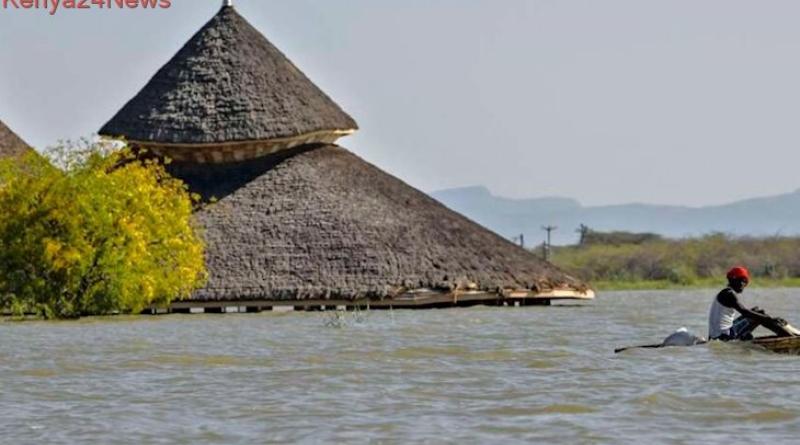Why ignoring climate change dynamics could sink banks

As lake and beachfront property sink into the deluge of torrential floods and apartments in the cities are submerged in water during rainy seasons, the Central Bank of Kenya is fretting over how financiers continue to treasure such assets as premium collateral.
The worry is Kenyan financial institutions are still treating climate change and financing as peripheral, making token contribution as apart of corporate social responsibility.
However CBK has now ordered them to assess their customers for climate impact, including the collateral they carry, the nature of business they are financing to assess whether what was once prime collateral is worthless under recent development.
Under the new climate reporting guidelines released by the financial sector regulator, banks have been asked to assess physical risks, physical location of a client’s business operations and assets, potential physical disruption to the client’s supply chain, as well as the potential implication on collateral valuations.
“With a high reliance on physical collateral in lending in emerging markets, measures and policies put in place to mitigate climate change can increase credit risk from collateral assets that become stranded,” CBK governor, Dr Patrick Njoroge, said in the guidance note.
“Climate risk drivers may reduce collateral value, borrowers’ repayment ability or institutions’ recovery of the loan outstanding in the event of default,” Dr Njoroge said.
Climate change
CBK said climate change management has traditionally been approached from a corporate social responsibility perspective. Some corporates in Kenya including banks, have made reasonable effort towards entrenching sustainability in their businesses.
They have issued sustainability reports disclosing among others their progress in climate risk management.
For some foreign banks based in Kenya, their parent companies have also made progress in entrenching climate risk management in their operations.
CBK said Kenyan lenders now need to take climate change seriously especially with global resolutions such as the Conference of Parties (COP 26) in Glasgow Scotland having direct impact on credit, market, liquidity and reputational risks of local lenders.
For instance, a large, sudden and negative price adjustments may be triggered when climate risk, which has not yet incorporated into prices or valuation materialises.
Banks may also find it difficult accessing funding sources as market conditions change, where climate risk drivers may cause counterparties of institutions to withdraw deposits and draw down credit lines.
Lenders may also face increasing legal and regulatory compliance costs associated with climate-sensitive investments and business activities.
And institutions that are stuck in the current realities might find themselves facing reputational risks as consumer sentiment towards more environmental-friendly products, services and business practices demand active climate action.
Negative perception of not taking due considerations of environmental aspects in business activities could also adversely affect institutions’ abilities to maintain or establish business relationships.
Kenya has, however, been one of the first adopters of climate-related financing making considerable steps to embrace the evolving realities.
Sustainable bonds
According to ABSA Africa Financial Markets Index 2021, Kenya is ahead of the pack of nine African countries that have introduced products that can be classified as green or sustainable.
Kenya and Morocco score highest in this indicator for having green or sustainable bonds, equities and mutual funds in their markets.
Additionally, Kenya has issued ethical securities to fund socially responsible investment opportunities.
Green bonds are the most popular instruments, being at investors’ disposal in seven countries.
Kenya Bankers Association (KBA) issued the KBA Sustainable Finance (SFI) Guiding Principles (17) in 2015 that guided banks to create long-term value for their clients, firm, economy and the environment.
In order to entrench the SFI principles, KBA introduced an e-learning platform for banking sector staff and an SFI Catalyst Awards to challenge banks to embrace sustainable banking practices.
Since then, Acorn, a Kenya-based real estate development company, has successfully issued the country’s first certified green bond, raising Sh4.3 billion for the construction of environmentally-friendly student accommodation in Nairobi.
KCB was also accredited by the United Nations Green Climate Fund as the first financial intermediary of the implementation of green financing in East Africa.
Family Bank also recently became the fourth bank to officially join the United Nations Global Compact network committing to building a sustainable business in Kenya.





